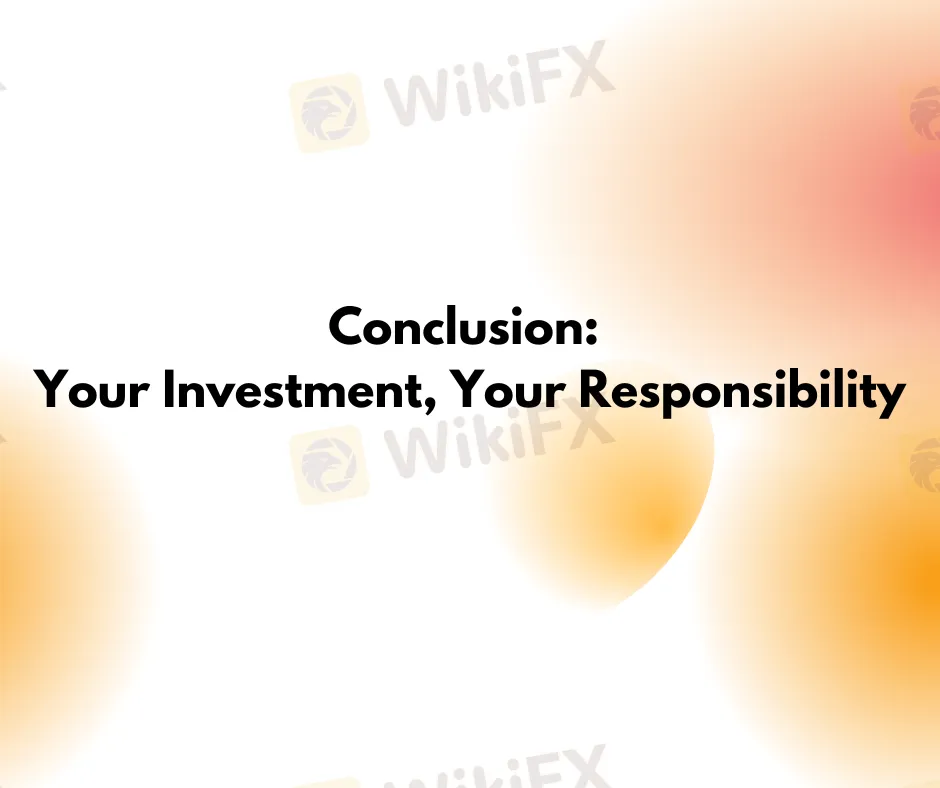简体中文
繁體中文
English
Pусский
日本語
ภาษาไทย
Tiếng Việt
Bahasa Indonesia
Español
हिन्दी
Filippiiniläinen
Français
Deutsch
Português
Türkçe
한국어
العربية
Navigating the Crypto Jungle: Choosing the Right Cryptocurrency for Investment
abstrak:With thousands of digital currencies available, from the well-known Bitcoin and Ethereum to lesser-known altcoins, the choices are overwhelming. How does one decide where to put their money? While there’s no one-size-fits-all answer, understanding the key factors and conducting thorough research can help investors make more informed decisions.

In the ever-expanding world of cryptocurrencies, choosing the right one to invest in can be a daunting task. With thousands of digital currencies available, from the well-known Bitcoin and Ethereum to lesser-known altcoins, the choices are overwhelming. How does one decide where to put their money? While theres no one-size-fits-all answer, understanding the key factors and conducting thorough research can help investors make more informed decisions.

Before diving into the specifics of cryptocurrencies, it's essential to assess your own risk tolerance. Cryptocurrencies are known for their volatility, with prices capable of swinging wildly within short periods. If you have a high-risk appetite and can stomach potential losses, you might be more inclined towards investing in newer or smaller coins. Conversely, if you prefer more stability, larger, well-established cryptocurrencies like Bitcoin or Ethereum may be more suitable.

Just like in traditional finance, conducting a fundamental analysis is crucial when choosing a cryptocurrency. This involves examining the underlying technology, the team behind the project, its use case, and the problem it aims to solve. Here are some key points to consider:
- Technology and Innovation: Is the cryptocurrency introducing a new technology or improving upon existing ones? For example, Ethereums smart contract capabilities were a significant innovation in the blockchain space.
- Team and Development: Who are the people behind the project? A strong team with a proven track record can be a good indicator of the project's potential success.
- Use Case: Does the cryptocurrency have a real-world application? A coin with a clear use case is more likely to sustain long-term value.
- Community and Adoption: How active and large is the community? A strong community can provide support and drive adoption, both crucial for the longevity of a cryptocurrency.

When selecting a cryptocurrency, its also important to consider its market position and liquidity. Larger market cap coins like Bitcoin and Ethereum are generally more stable and easier to buy and sell. However, smaller cap coins might offer higher growth potential but come with increased risk and less liquidity.

The regulatory environment can significantly impact the value and sustainability of a cryptocurrency. Its important to stay informed about the regulations in your country and globally, as these can change rapidly and affect the market. Coins that comply with regulations and have transparent operations are typically safer bets.

Diversification is a fundamental principle in investing. By spreading your investments across different cryptocurrencies, you can mitigate some of the risks associated with any single coin. This strategy allows you to capitalize on the growth potential of various projects while cushioning the impact of a potential downturn in one.

The cryptocurrency market is fast-paced and ever-evolving. Staying informed through reputable news sources, forums, and following industry experts on social media can provide valuable insights. Additionally, participating in the community, such as joining discussion groups or attending conferences, can help you stay ahead of trends and developments.

Choosing the right cryptocurrency to invest in is a highly personal decision that should be based on your risk tolerance, thorough research, and a clear understanding of the market. While there are no guarantees in the world of cryptocurrency, a well-informed and strategic approach can significantly enhance your chances of success.
Remember, investing in cryptocurrencies carries inherent risks, and its essential to do your due diligence. Seek advice from financial advisors if needed and never invest more than you can afford to lose. The crypto market offers exciting opportunities, but prudent and educated investing is key to navigating this dynamic landscape.

Disclaimer:
Ang mga pananaw sa artikulong ito ay kumakatawan lamang sa mga personal na pananaw ng may-akda at hindi bumubuo ng payo sa pamumuhunan para sa platform na ito. Ang platform na ito ay hindi ginagarantiyahan ang kawastuhan, pagkakumpleto at pagiging maagap na impormasyon ng artikulo, o mananagot din para sa anumang pagkawala na sanhi ng paggamit o pag-asa ng impormasyon ng artikulo.
Broker ng WikiFX
Exchange Rate


